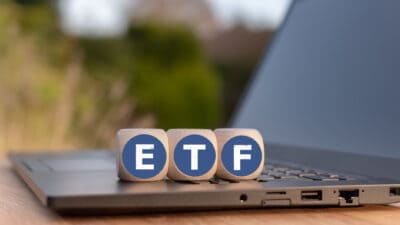If you were asked what your biggest investment mistake was, you'd likely think of a stock that almost shrunk to $0.
But one expert reckons that would not be your biggest error.
US financial expert Brian Feroldi, in his Long-Term Mindset newsletter, revealed some of the startling mistakes he and his fellow commentators have made over the years.
"In 2009, Brian Stoffel sold Alphabet Inc (NASDAQ: GOOGL) for a split-adjusted US$10 per share. He's missed out on 820% returns — a mistake costing tens of thousands of dollars," said Feroldi.
"In 2007, Brian Feroldi sold DexCom Inc (NASDAQ: DXCM) for a split-adjusted US$2 per share. He's missed out on 5,800% returns — a mistake costing hundreds of thousands of dollars."
Those are painful enough, but the third error was a whopper.
Brian Withers sold Netflix Inc (NASDAQ: NFLX) shares in 2010 for a split-adjusted US$20.
"He missed out on 1,500% returns. Because it was his largest position, this mistake cost him millions of dollars."
Loss aversion
What do these massive mistakes have in common?
They were all bad selling decisions rather than buying errors.
And the same motivator was behind the sale of all three shares — loss aversion.
Loss aversion is the psychological phenomenon that sees humans trying a lot harder to protect what they have than to gain the same amount.
"Stoffel sold Google because he couldn't believe that he'd made a quick thousand dollars. Feroldi wanted to lock in a small profit while he could," said Feroldi.
"Withers — sitting on 20-bagger returns — was worried about losing all he'd gained."
Look at the business, not the stock
According to Feroldi, each expert was so anxious about losing capital that "we lost sight of what actually mattered".
That's the long-term potential of the businesses.
So the three Brians are urging all long-term investors to learn from their mistakes and do exactly that.
"If we had looked at the businesses instead of the stocks, we'd likely have stayed put," said Feroldi.
"Holding great companies for long periods of time isn't easy. But, selling a future mega-winner early is one of the most costly investing mistakes that you can make."









